The Absurdity of How Services End
Imagine this: you build the house of your dreams, so you take out a mortgage that you slowly pay off for years. During all these years, your banker checks in from time to time to see that all is good. They might even help you out with an additional loan to fix that darn garage door.
After many years, your house is truly your own. You’ve paid your mortgage in full. Sounds like something to celebrate, right? That’s a big milestone!
For you, maybe, but for the bank, no. They just send you a last letter. That’s it.
Compare this to how much time and energy the bank invested at the start of the relationship. There was nearly some seduction going on.
What this story shows is that service creators, product creators, and organizations have become masters at designing the onboarding phase, but often almost forget to create an offboarding phase.
In his talk, Joe shared many examples of how broken the end of the relationship with our products and services is.


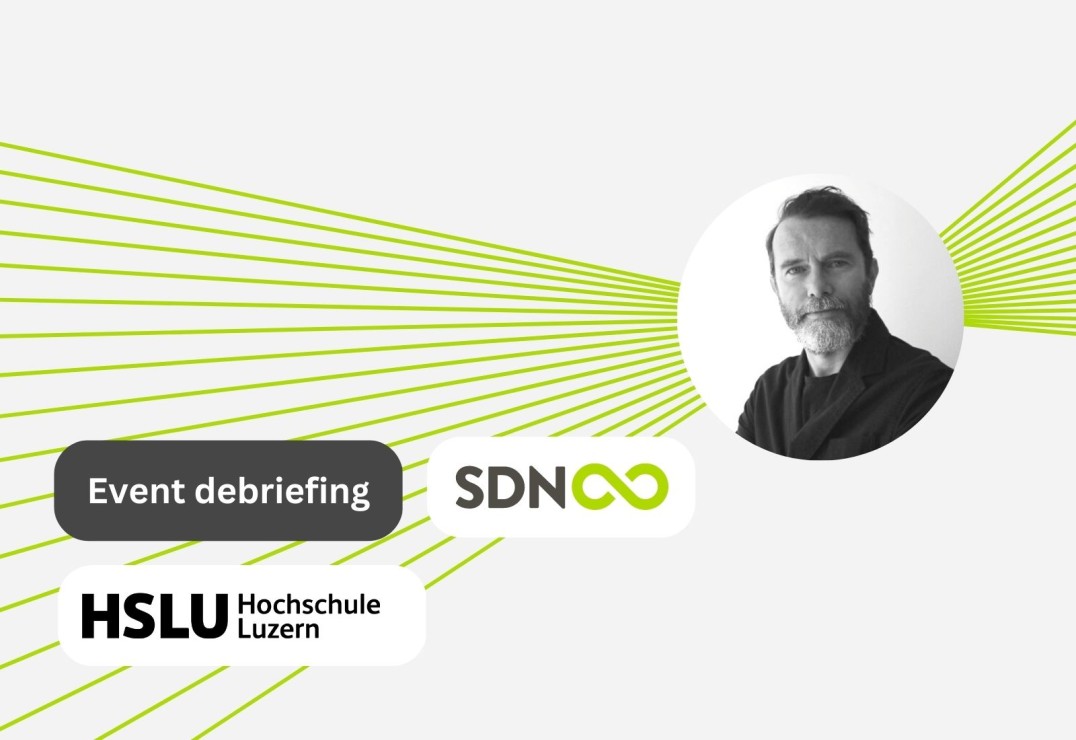
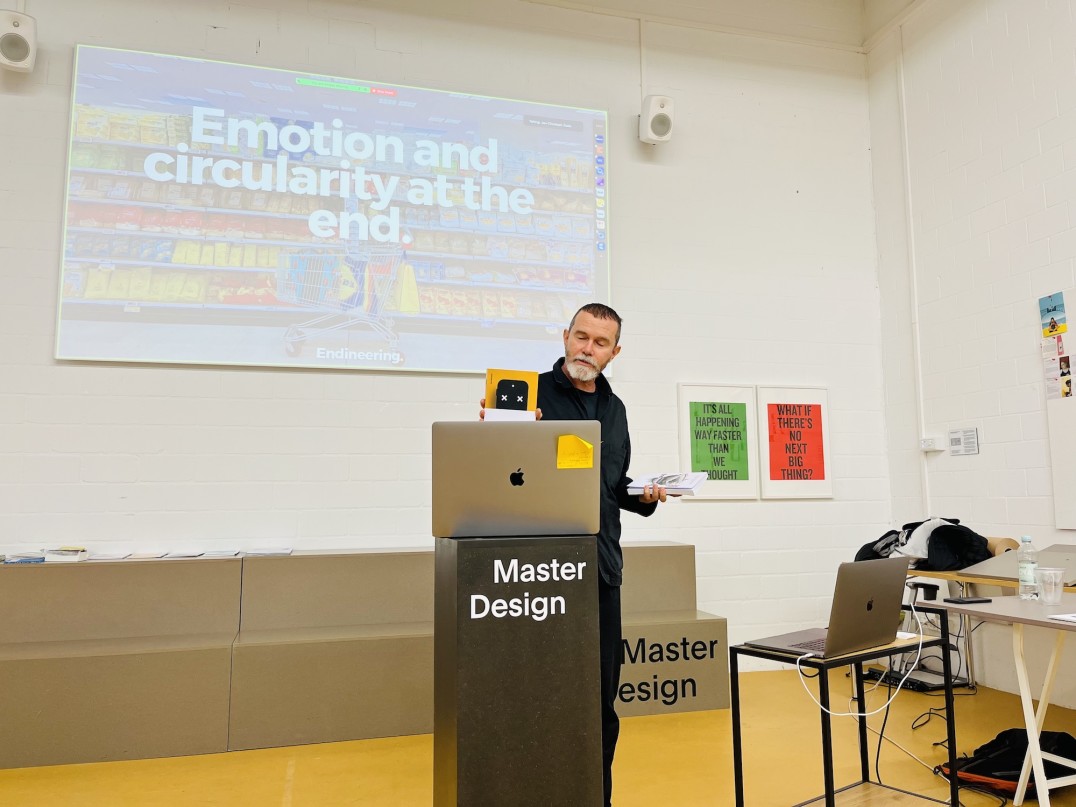
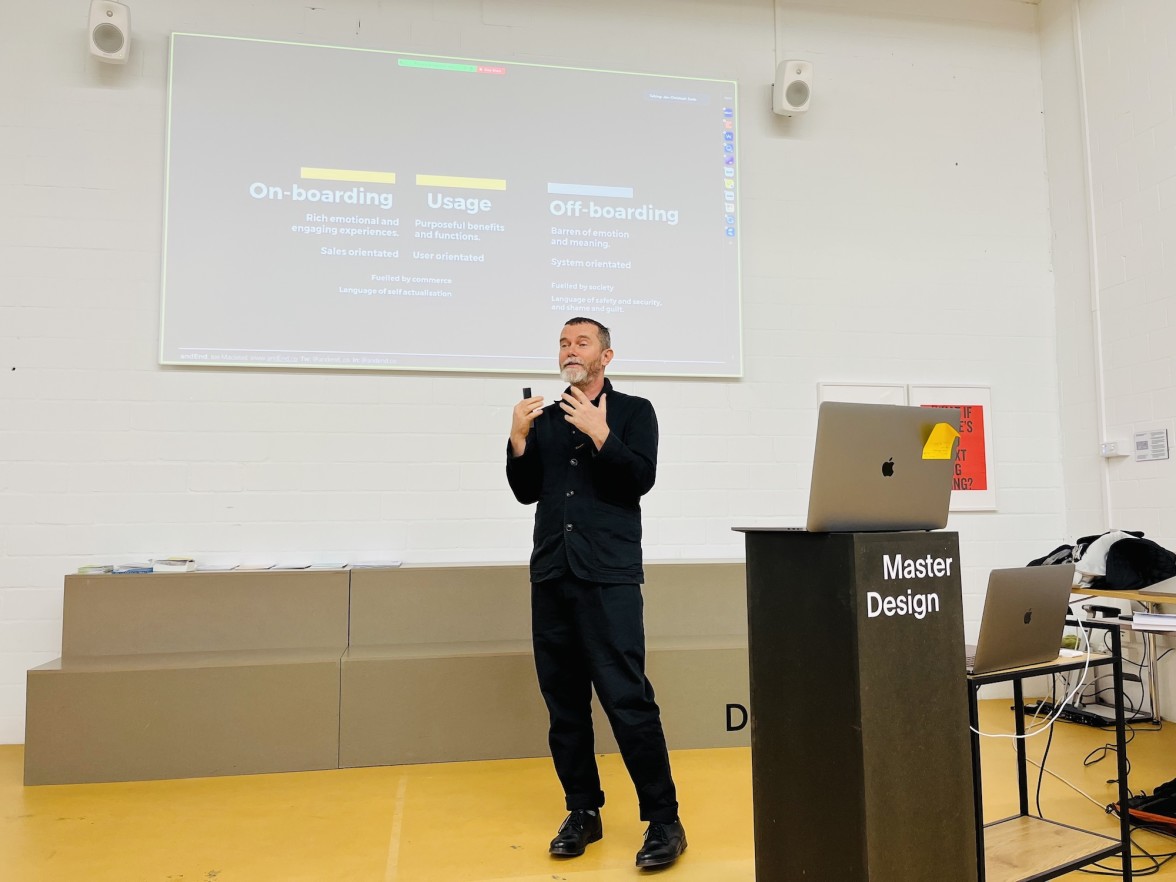

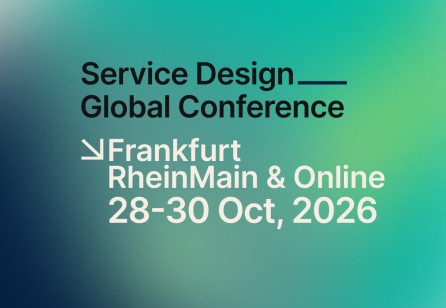
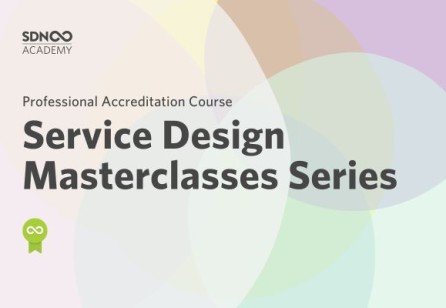
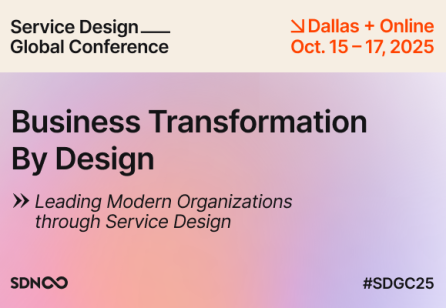
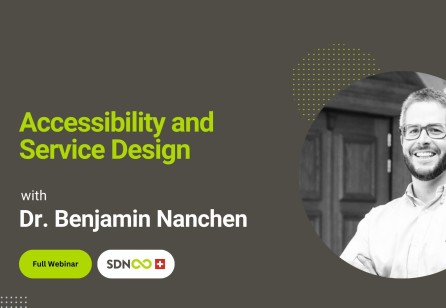

Share your thoughts
0 RepliesPlease login to comment